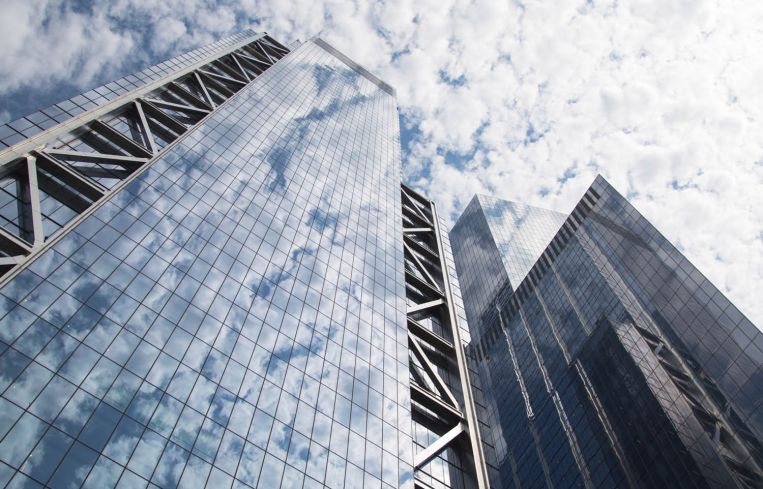Uber Signs at 3 WTC for Space Topping 300K SF
By Rebecca Baird-Remba October 23, 2019 5:51 pm
reprints
Ride-sharing giant Uber has nailed down its lease for more than 300,000 square feet at 3 World Trade Center, according to sources familiar with the deal.
The ride-hailing app that upended New York City’s entrenched taxi industry inked a deal for 307,390 square feet on the 43rd through 49th floors of 3 World Trade, sources said. The company will have multiple short- and long-term options to expand its footprint in the 80-story high-rise, where it could end up occupying more than 350,000 square feet. Uber has already begun construction on its space and plans to move in by the summer of 2020, per a source.
The length of the lease wasn’t disclosed, and asking rents in the building hover in the high $80s and low $90s per square foot. The 2.8-million-square-foot office tower opened as the newest piece of the World Trade Center complex last year.
Crain’s New York Business broke the news that Uber was negotiating a big lease at the World Trade Center last month.
Uber hopes to consolidate several of its New York City offices—which include outposts in Midtown, Chelsea, Long Island City in Queens and Prospect-Lefferts Gardens in Brooklyn — into the space at the World Trade Center. They’ll be joining other tenants at 3 WTC including marketing firm Harper + Scott, direct-to-consumer mattress retailer Casper, stock exchange IEX and media conglomerate GroupM.
A CBRE team of Mary Ann Tighe, Evan Haskell, Stephen Enyon, David Caperna and Adam Foster represented landlord Silverstein Properties, along with Jeremy Moss and Camille McGratty in-house. Sacha Zarba and Alice Fair, also of CBRE, handled the transaction for Uber.
The CBRE brokers and a Silverstein spokeswoman declined to comment. An Uber spokesman didn’t return a request for comment.
The lease, which is Uber’s biggest in New York City, comes after Uber debuted on the public markets in May with a private valuation at nearly $70 billion and has seen its market cap and stock price drop sharply over the past five months.



